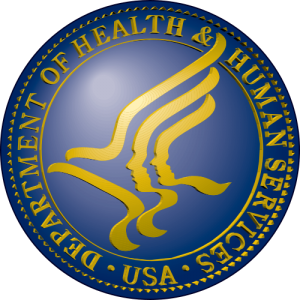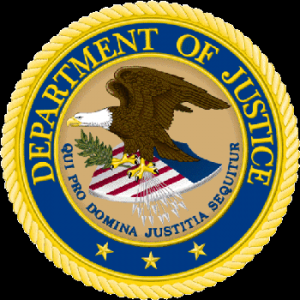 Cardiac Imaging Inc. (CII), headquartered in Illinois, and its founder, owner, and CEO Sam Kancherlapalli, a resident of Florida, agreed to pay a total of $85,480,000, officials announced Tuesday.
Cardiac Imaging Inc. (CII), headquartered in Illinois, and its founder, owner, and CEO Sam Kancherlapalli, a resident of Florida, agreed to pay a total of $85,480,000, officials announced Tuesday.
This settlement is to resolve False Claims Act allegations that they paid referring cardiologists excessive fees to supervise PET scans in violation of the Anti-Kickback Statute (AKS) and the Physician Self-Referral Law (Stark Law).
CII agreed to pay $75 million, plus additional amounts based on future revenues, and Kancherlapalli agreed to pay $10,480,000. These settlements are based on their ability to pay.
 “Healthcare providers that pursue patient referrals through illegal kickbacks and other unlawful financial arrangements will be held accountable,” said Principal Deputy Attorney General Brian M. Boynton, head of the Justice Department’s Civil Division.
“Healthcare providers that pursue patient referrals through illegal kickbacks and other unlawful financial arrangements will be held accountable,” said Principal Deputy Attorney General Brian M. Boynton, head of the Justice Department’s Civil Division.
The claims resolved by the settlement are allegations only, and there has been no determination of liability, according to officials.
The federal government alleged that between March 1, 2014, and May 31, CII and Kancherlapalli knowingly caused false or fraudulent claims to federal healthcare programs arising from violations of the AKS and the Stark Law.
Specifically, with Kancherlapalli’s oversight and approval, CII allegedly paid kickbacks to cardiologists in the form of above-fair-market value fees of $500 or more per hour, ostensibly for the cardiologists to supervise the PET scans for the patients they referred to CII.
The federal government alleged these fees substantially exceeded fair market value for the cardiologists’ services because CII paid the referring cardiologists for each hour CII spent scanning the cardiologists’ patients, including the time the cardiologists were away from CII’s mobile scanning units providing care for other patients or were not even on-site.
CII’s fees also purportedly compensated the cardiologists for additional services beyond supervision that were not actually provided.
“Illegal kickback payments not only corrupt the medical decision-making process but also cause harm and financial loss to Medicare and other federally funded healthcare programs,” said Special Agent in Charge Jason E. Meadows for the Department of Health and Human Services Office of Inspector General (HHS-OIG).
In connection with the settlement, CII and Kancherlapalli entered into a five-year Corporate Integrity Agreement (CIA) with the HHS-OIG.
The CIA requires, among other compliance provisions, that CII implement measures designed to ensure arrangements with referring physicians comply with the AKS and the Stark Law.
The CIA also requires that CII implement a centralized annual risk assessment and internal review process to identify and address the AKS and the Stark Law risks associated with arrangements. Also requires that CII retain an Independent Review Organization to perform a systems and transactions review of arrangements.
The civil settlement resolves claims brought under the qui tam or whistleblower provisions of the False Claims Act by Lynda Pinto, a former billing manager at CII. Under those provisions, a private party can file an action on behalf of the United States and receive a portion of any recovery.
The relator’s share of the settlement has not yet been determined.

